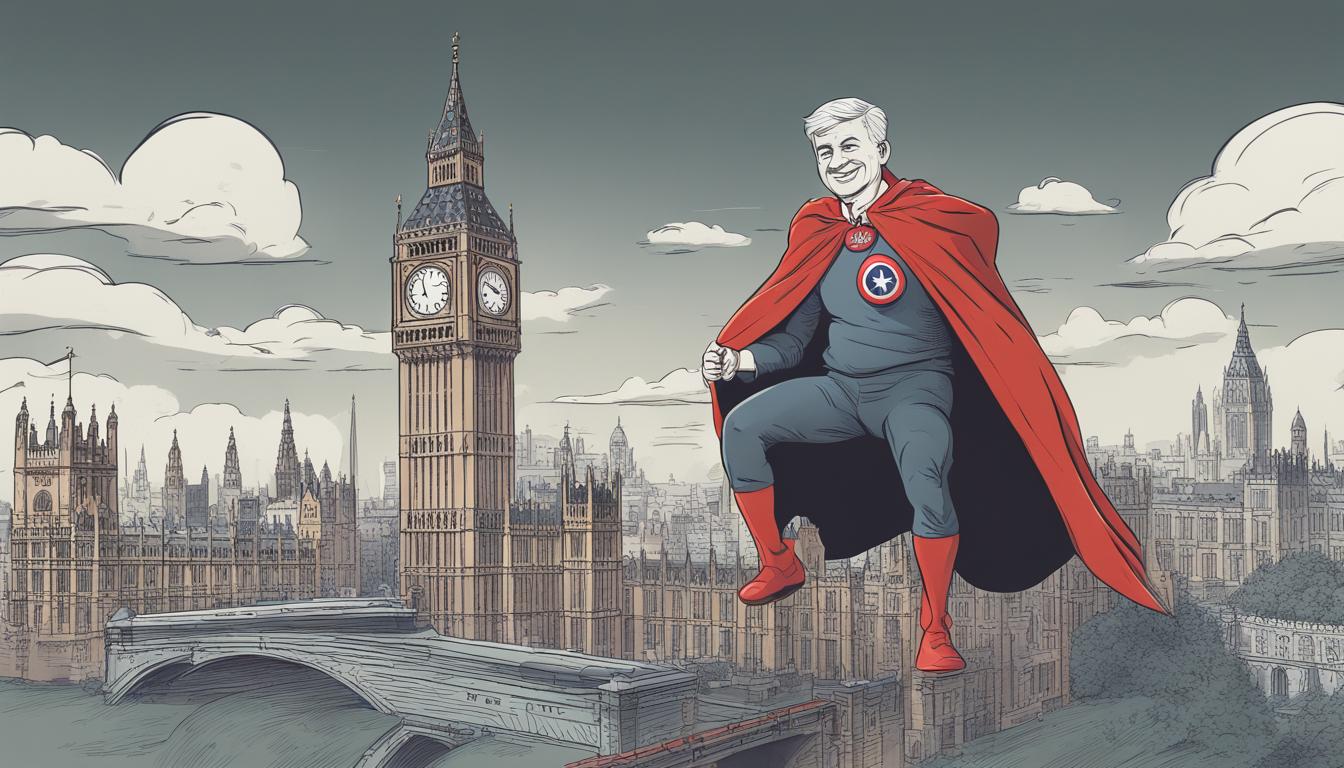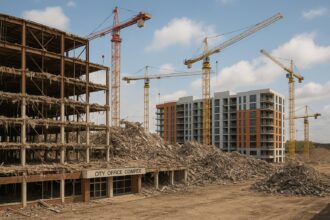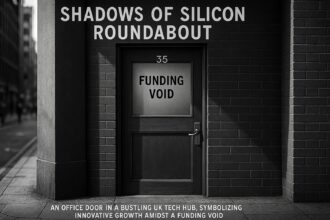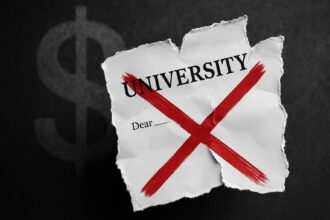Sadiq Khan triumphs in the London mayoral election for the third consecutive time, with substantial wins for Labour in other regional elections indicating shifting political currents in the UK.
Sadiq Khan has been re-elected as the Mayor of London for a historic third term, securing his position with a notable 11 percentage point lead over Conservative rival Susan Hall. The Labour Party candidate achieved a significant victory, receiving over 1 million votes, amidst a campaign he described as challenging due to “non-stop negativity” and tactics used against him. In his victory speech, Khan expressed gratitude to Londoners and pledged to tackle key city issues including the cost of living crisis, crime rates, and affordable housing.
In other political updates, the Scottish National Party (SNP) faces a decline, retaining only 15 of their 43 seats according to recent polls, with Labour potentially overtaking at both Westminster and Holyrood levels. This development comes after the resignation of First Minister Humza Yousaf, with John Swinney currently favored by the public as a potential successor.
In England and Wales, Labour achieved wins in various mayoral contests, securing leadership in Liverpool, Greater Manchester, South Yorkshire, and West Yorkshire. However, the Conservatives maintained control in Tees Valley with Ben Houchen’s re-election. Furthermore, in council elections, Labour gained over 200 seats, whilst the Conservatives saw a loss of nearly 400 seats. The Liberal Democrats also showed significant progress, gaining 521 seats.
Additionally, in a tightly contested race for third place in the London mayoral election, the Liberal Democrats edged past the Green Party by 70 votes, marking their best result in 16 years. Rob Blackie, the Liberal Democrat candidate, appreciatively noted the increase in votes across London.
These election results across various regions reflect evolving political dynamics in the UK, hinting at a potentially competitive landscape in upcoming general elections.













